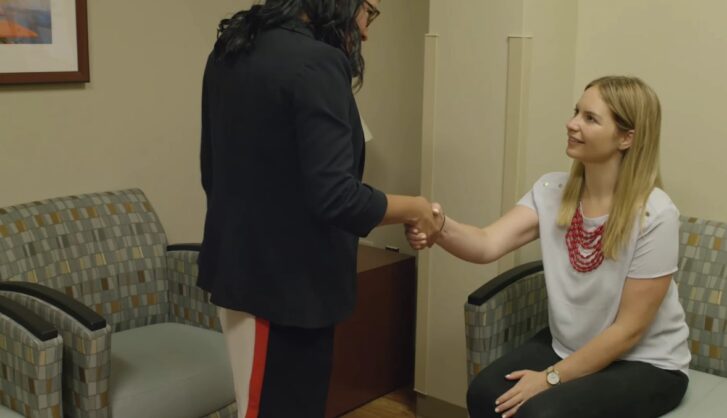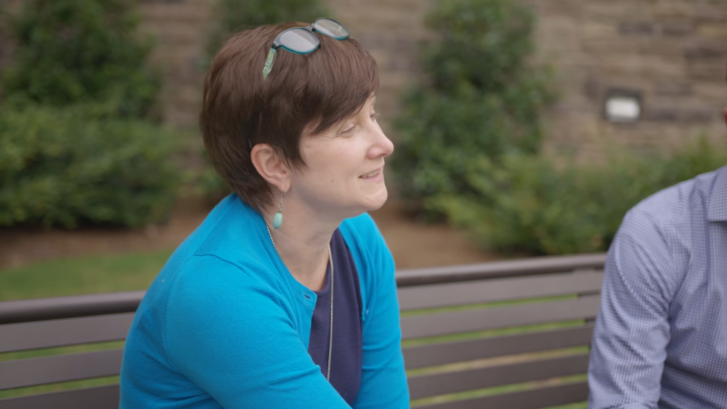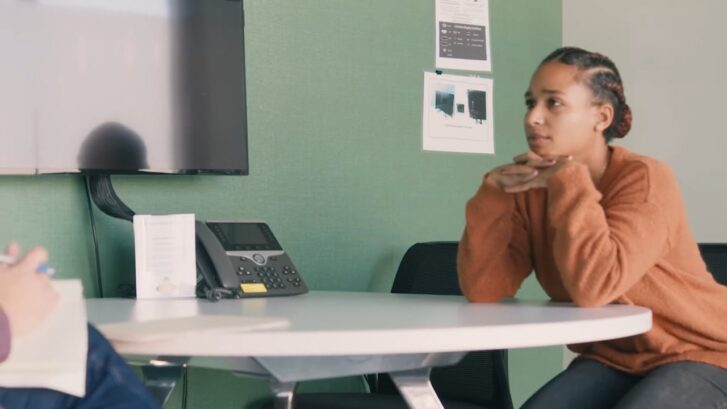Addiction and mental health issues touch many lives, often in ways we don’t anticipate. The family, a core unit of support and influence, plays a crucial role in navigating these challenges.
Whether we’re talking about a young person struggling with substance use or an adult grappling with mental illness, the family’s involvement can be a game-changer. Let’s explore how.
The Statistics Speak Volumes
Every year, about 20% of adults in the U.S. face mental illness. Among young people aged 15–26, millions meet the criteria for substance use disorders (SUD), with a significant number battling opioid addiction.
The consequences are severe, including a marked increase in fatal overdoses in this age group. These figures highlight a pressing public health issue that calls for comprehensive intervention strategies.
How Do Family Dynamics Affect Mental Well-Being?
Family plays a pivotal role in an individual’s life, influencing their mental health and substance use patterns. The way family members communicate, resolve conflicts, and support each other has a profound impact.
Positive dynamics, like open dialogue and emotional backing, can fortify individuals against mental health challenges and addiction. Conversely, dysfunction within the family can exacerbate these issues.
For those seeking a comprehensive approach to addiction treatment that supports both the individual and their family, rehabilitation treatment should be considered. Private rehab facilities such as Delamere, a leading provider of addiction rehabilitation treatments in the UK, offer a holistic, innovative, residential approach to care that is tailored to meet a wide range of needs.
Can Family Support Make a Difference in Addiction Treatment?
Absolutely. The presence of a supportive family can transform the treatment landscape for individuals battling addiction. Families provide motivation, encouragement, and a sense of accountability, which are essential components of a successful recovery journey.
Engaging families in the treatment process not only improves outcomes but also fosters a deeper understanding of mental health and substance abuse, facilitating better communication and stronger relationships.
What Does Family Therapy Offer?
Family therapy is a powerful tool in treating addiction and enhancing mental well-being. It addresses the intricate dynamics at play, aiming to mend relationships and develop healthier communication patterns.
The benefits are clear: improved treatment outcomes, reduced relapse risk, and stronger family bonds.
How Does Family Involvement Shape Youth Addiction Treatment?
Substance use disorders among transition-age youth present unique challenges and opportunities.
Family involvement is crucial, yet it remains underutilized in clinical practice. Tailoring interventions to meet the developmental needs of young people can significantly enhance treatment effectiveness.
From early identification and engagement to active treatment and recovery support, families are integral to the continuum of care.
Innovations in Engaging Families
Technological advancements, such as tele-intervention, offer new avenues for involving families, especially in underserved areas. Evidence-based approaches like Community Reinforcement and Family Training (CRAFT) have shown promise in increasing treatment engagement.
However, the lack of comprehensive tools for assessing family functioning within youth SUD treatment indicates an area ripe for development.
What Are the Barriers to Family Involvement?
Despite the clear benefits, obstacles to family participation in addiction treatment persist. These range from logistical challenges, such as scheduling conflicts and transportation issues, to deeper concerns about stigma and privacy.
Overcoming these barriers requires concerted efforts from healthcare providers, policymakers, and communities to prioritize and facilitate family involvement.
How Can Families Be Empowered to Contribute to Treatment?
Empowering families starts with education and open communication. Healthcare providers can play a key role by offering resources, guidance, and support to families navigating these complex issues.
Encouraging routine substance use screening as part of healthcare for youth and advocating for the integration of family-centered approaches in treatment plans are crucial steps forward.
Strengthening Family Involvement
The journey doesn’t end with recognizing the value of families in the treatment process; it extends to actively fostering environments that support their involvement.
Creating such environments means addressing barriers head-on and implementing strategies that welcome families into the treatment and recovery process.
Why Is Routine Screening Important?
For youth especially, routine screening for substance use is a critical step in identifying issues early. It allows for timely intervention, setting the stage for more effective treatment.
Despite its importance, barriers like limited access to healthcare, stigma, and a lack of awareness hinder its widespread adoption. Overcoming these obstacles is essential for integrating family involvement from the very start of the treatment journey.
The Role of Developmental Science
Knowing the unique needs of transition-age youth is critical in tailoring family involvement. Developmental science emphasizes the importance of supportive family relationships in promoting resilience and healthy development.
By aligning treatment approaches with the developmental stages of youth, we can create more effective and supportive recovery environments.
Overcoming Obstacles to Family Involvement
Despite the known benefits, the path to integrating family involvement in treatment is fraught with challenges. These range from practical concerns, such as scheduling and accessibility, to more nuanced issues like privacy concerns and family dynamics.
Healthcare providers and treatment programs must address these barriers creatively, offering flexible and accessible options for family participation.
FAQs
Can Family Therapy Be Effective if Only One Family Member Is Willing to Participate?
Yes, even if only one family member participates, therapy can provide valuable insights and strategies that can indirectly benefit the entire family dynamic.
Are There Any Online Resources for Families Dealing with Addiction and Mental Health Issues?
Numerous online platforms offer resources, including educational materials, support groups, and counseling services specifically designed for families facing these challenges.
How Can a Family Start the Conversation About Seeking Help for Addiction or Mental Health Issues?
Starting the conversation in a non-judgmental and supportive manner is key. Focus on expressing concern, love, and the desire to support the family member’s well-being and recovery journey.
What Should Families Do if They Feel Overwhelmed by A Loved One’s Addiction or Mental Health Problem?
Seeking support from mental health professionals or family counselors can provide guidance and coping strategies. Joining support groups for families in similar situations can also offer comfort and advice.
How Can Families Maintain Their Own Well-Being While Supporting a Loved One Through Recovery?
It’s crucial for family members to also take care of their own mental health by setting boundaries, practicing self-care, and seeking support for themselves.
Is Financial Support the Only Way Families Can Contribute to The Recovery Process?
No, emotional support, understanding, and creating a stable, supportive environment are equally important contributions that can significantly impact a loved one’s recovery journey.
Final Words
The influence of family on the journey through addiction treatment and mental well-being cannot be overstated. From offering a foundation of support to actively participating in therapy and recovery processes, families are indispensable allies.
While challenges to family involvement exist, the potential benefits warrant a collective push towards more inclusive and supportive treatment models.
As we move forward, let’s champion the cause of integrating families into the heart of addiction treatment and mental health care, recognizing their vital role in shaping positive outcomes.




















